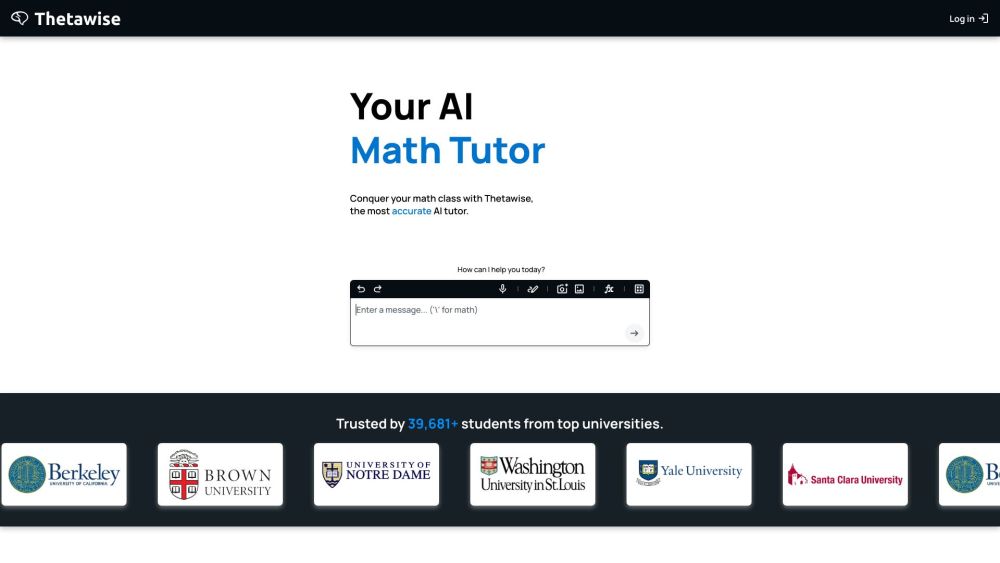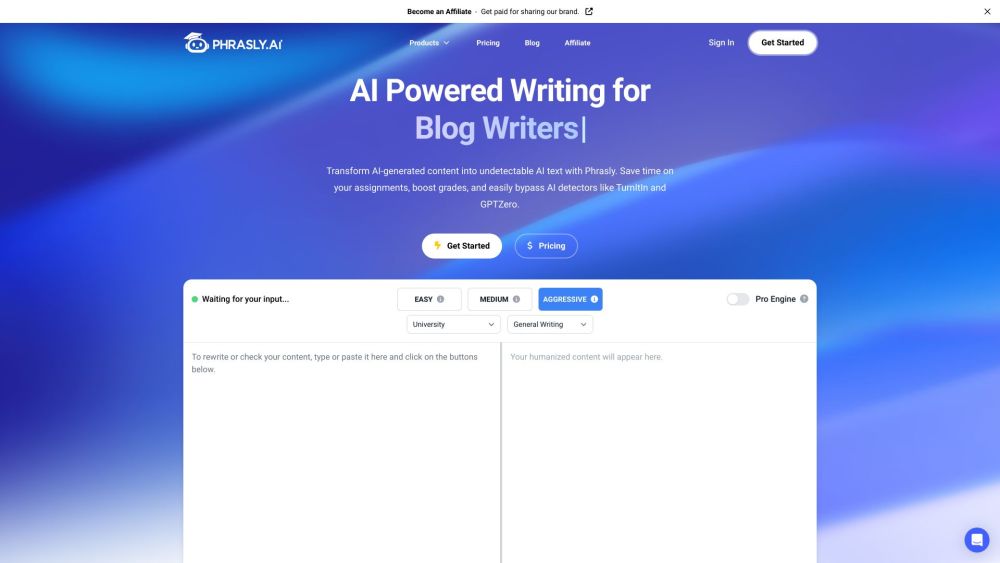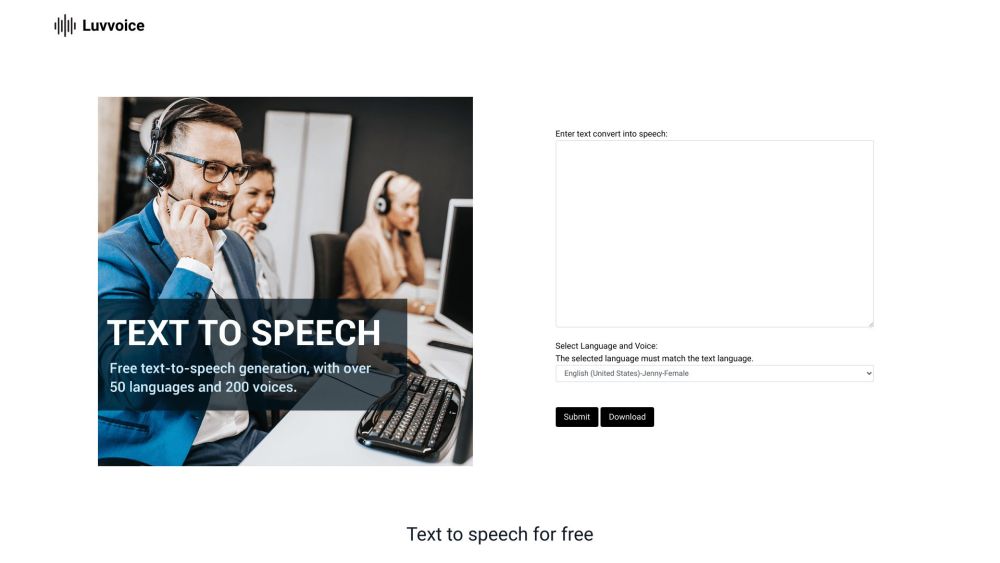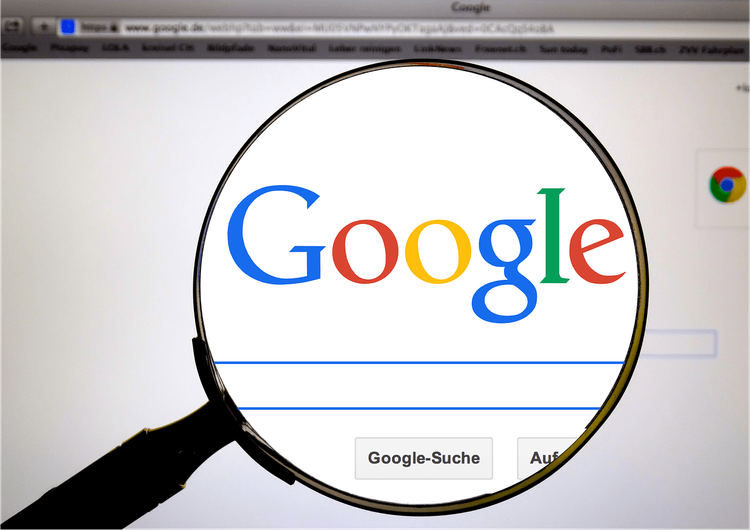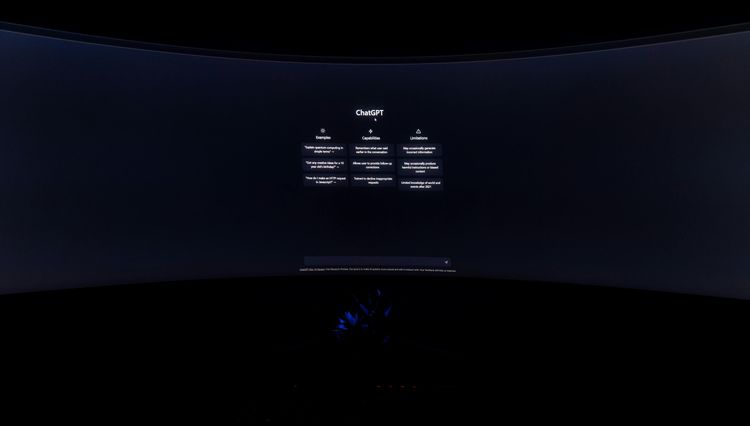Microsoft is betting big on 2025 as a critical turning point for its Windows business, and there's a key reason for that: the retirement of the widely-used Windows 10 operating system. After this year, the system will no longer receive support.
For Microsoft, this is a moment of optimism. The company sees the rapid emergence of AI-powered PCs as the perfect opportunity to revitalize Windows, especially as its own devices are now on par with Apple’s MacBooks in terms of performance and battery life. With this combination of factors, Microsoft feels the "golden age" of Windows is finally here, marking what it calls the "best development opportunity in years." As Windows 10 reaches its end on October 14, Microsoft is predicting a wave of PC upgrades in the coming years. According to IDC data, nearly 80% of businesses plan to swap out their PCs by year’s end, and 70% of consumers are considering buying a new PC within the next two years. In line with this momentum, Microsoft has committed $80 billion to building out its data centers and accelerating its AI development. Last holiday season, 10% of PCs sold were equipped with Copilot + PC—Microsoft’s AI-enhanced computers. The company is optimistic that, in the next two years, these AI PCs will dominate the market.
While the outlook for AI PCs is undoubtedly bright, the industry has yet to see the "killer app" that will truly unlock their potential. Most users currently interact with AI through basic tasks like browsing the web or using cloud-based chatbots—nothing groundbreaking. The real excitement lies in the hope for a truly personalized assistant that can run locally, capable of providing answers to both general queries and personalized information. Microsoft’s Executive Vice President and Chief Marketing Officer, Yusuf Mehdi, has been vocal about this future, saying that a more sophisticated AI assistant is "just around the corner."
However, Microsoft’s journey with AI PCs hasn’t been without its bumps. The highly anticipated Recall feature for Copilot + PC was delayed, meaning Microsoft missed the opportunity to showcase the power of AI during the important holiday shopping season. While Mehdi expressed disappointment over this delay, he also saw a silver lining: it allowed the company to shift the focus to performance and battery life, two areas where Windows PCs have made significant strides. Thanks to Qualcomm chips, Windows laptops are now competing head-to-head with the MacBook Air in terms of both speed and battery longevity.
Looking ahead, Mehdi teased some exciting developments. The upcoming spring update for Windows 11 will introduce the long-awaited Recall feature, with new hardware set to debut in a second update later this year. As more AI-powered PCs hit the market, Mehdi expects third-party developers to jump on board, creating locally-run AI applications to take full advantage of the technology. Microsoft, for its part, has ambitious plans. In addition to the Recall and "Click Execute" features (which allow AI-driven actions based on screen content), Microsoft is working on significant updates to its Office suite to maximize the capabilities of AI hardware. Mehdi emphasized that there are numerous innovations coming from Microsoft in the PC space, with much more to come.
In short, Microsoft’s vision for the future of AI PCs is brimming with potential. As the technology continues to evolve, the company is preparing to capitalize on the moment, with bold plans for a new generation of AI-powered devices.
